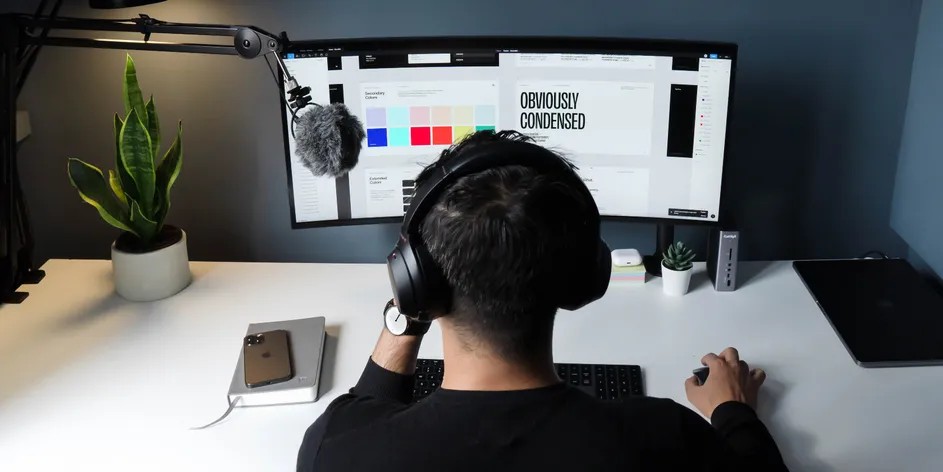Deep Work is an excellent approach to increase productivity in your job, studies, or business. By dedicating focused and concentrated periods of time, you can accomplish more in less time and create space for other activities in your schedule.
However, incorporating Deep Work into your routine may present certain challenges initially. You may need to break long-standing habits, such as excessive smartphone usage, and you might struggle with maximizing your work time. If you’re unsure where to begin, don’t worry. This guide provides 5 valuable tips for effectively practicing Deep Work.
Keep Your Phone Away While Working

Having your phone within reach is the easiest way to disrupt your Deep Work sessions. Mindlessly scrolling through apps like TikTok and Instagram can easily distract you and indicate a potential addiction to social media.
To ensure meaningful work during your sessions, it’s best to keep your phone in a different room. Consider placing it in a less accessible location to add an extra layer of resistance.
If you must keep your smartphone nearby, activate Silent Mode and consider enabling Airplane Mode as well. If you’re unfamiliar with Airplane Mode, we have a comprehensive guide to help you understand its benefits and usage.
Schedule Your Deep Work in Advance

Planning your Deep Work sessions ahead of time is an effective way to increase productivity. It’s unrealistic to expect uninterrupted work for an entire eight-hour day, as most people’s brains cannot sustain focus on demanding tasks for that long.
As a beginner, it’s beneficial to break your Deep Work sessions into smaller chunks. Start with 30 minutes of Deep Work per day and gradually increase the duration. As you become more experienced, aim for 3-4 hours as the upper limit.
Ideally, schedule your sessions at the same time each day to establish a routine that your brain can anticipate. Google Calendar is a suitable tool for organizing your Deep Work schedule. For additional productivity enhancements, you can explore various tips to optimize your usage of Google Calendar.
Have Clear Objectives for Each Session
Before starting a Deep Work session, it’s essential to have a clear understanding of the tasks you need to focus on. Sitting down without a specific plan can lead to wasted time and lower the quality of your work.
By knowing precisely what you need to accomplish during each session, you can avoid unnecessary decision-making and utilize your brain’s capacity more efficiently. Consider leaving a link to the task location in your daily planner or scheduling app. It can be helpful to choose your most important tasks the night before or plan your entire week in advance to stay organized and on track.
Using tools like Brite for weekly task planning or adding notes to your preferred calendar app can assist in managing your tasks effectively.
Minimize Distractions by Closing Apps and Tabs

To enhance your Deep Work sessions, it’s crucial to focus on one task at a time. Multitasking and numerous open apps and tabs can significantly decrease productivity, leading to less accomplished work.
Although it may seem daunting to close instant messaging apps or email tabs, most incoming messages can wait. If necessary, you can set your status to Away to inform others of your unavailability. Unless they directly relate to your current task, there’s no need to keep unnecessary apps or tabs open on your computer. Consider using website blockers to eliminate distractions completely.
Establish a Dedicated Work Environment
Choosing a specific place to conduct your Deep Work is beneficial as it provides a powerful cue for your brain to enter a focused state. The location doesn’t have to be elaborate, but it should be free from distractions. It’s advisable to avoid working on your bed or sofa, as these areas are often associated with relaxation.
If you have a dedicated desk in a corner of your bedroom, transform it into a home office space suitable for Deep Work. Alternatively, you can opt for a library or your favorite coffee shop as your designated work environment. It can also be helpful to have multiple locations for your Deep Work sessions to prevent boredom while maintaining productivity.


